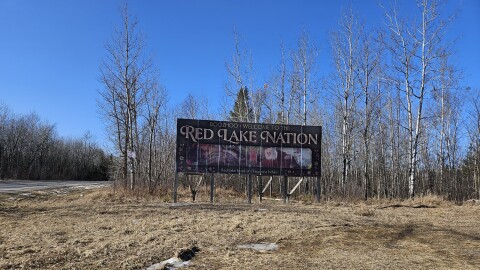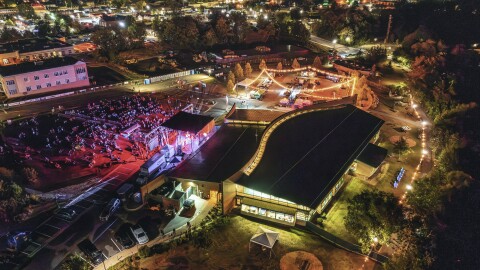Indigenous populations have long faced barriers in pursuing higher education and Minnesota's new free college tuition program could help put some of these dreams within reach.
This fall, the state launched its North Star Promise initiative, where households earning below $80,000 qualify for free tuition at state colleges and universities. Experts said limited scholarships are one of the many obstacles Native Americans encounter in the world of higher education.
Anna Sheppard, president of White Earth Tribal and Community College, does not sense the new program will lead to a big enrollment boost but for students receiving aid, it could take their college journey to greater heights.
"What I really appreciate is that they're not going to have to graduate having debt," Sheppard emphasized. "Maybe they're going to pursue a master's or doctoral, so then they don't have to worry about that."
She noted juggling student loans and other college debt often limits Indigenous populations from obtaining advanced degrees. Research from the Postsecondary National Policy Institute shows that between 2010 and 2020, there was an 18% decrease in graduate enrollment among Native Americans.
At White Earth, Sheppard noted the possibility of more students from tribal areas means they could be learning about in-demand careers and technology, such as solar energy.
"On top of that, we do have a solar array on campus, so they get to see one that's actually an operation," Sheppard explained. "Right now, that powers our extension-customized education building."
She suggested the solar classes they provide, including learning how to install panels, put the students in a better position after graduation with more projects coming on board in Minnesota. Industry leaders said they are having a harder time filling jobs, increasingly offering good pay and benefits.
Support for this reporting was provided by Lumina Foundation.
-
The Boys and Girls Club of Bemidji Area operates a branch at J.W. Smith. Families and staff are concerned about the future of the grant-funded program if the school closes.
-
Darrin Smedsmo's vintage aircraft was impounded following an emergency landing within the Red Lake Nation in October 2025, and he is still waiting for a day in tribal court.
-
-
After a lot of thought and consideration, Grand Rapids Riverfest will take a break this year. This pause reflects KAXE’s financial realities and the complexities of putting on an event of this scale.
-
The package has 18 proposals, including prohibiting legislators from making direct appropriations to nonprofits and establishing a centralized Office of Inspector General.
-
-
Events this week include a snowshoe hike in Chisholm, a People Powered Party celebrating a beer brewed in KAXE's honor, and a symphony orchestra showcase in Bemidji.
-
The four teams will represent rural Northern Minnesota in the state tournament March 4-7, 2026, in the Twin Cities.
-
The Cardinals' dominant run at the state tournament ended with another championship Feb. 26, 2026. United North Central's more mixed results resulted in a fifth-place finish.
-
Anita Charlene Gruel was pronounced dead at the scene. Her son Charles Lane Gruel was treated for injuries caused by the fire. The fire is still under investigation.













